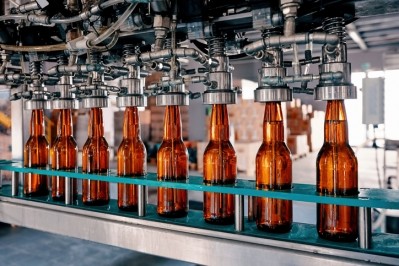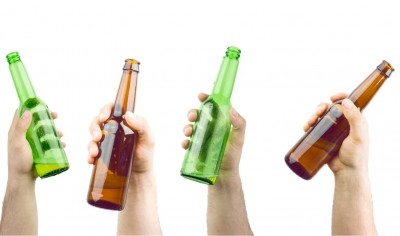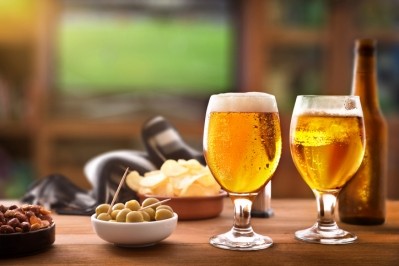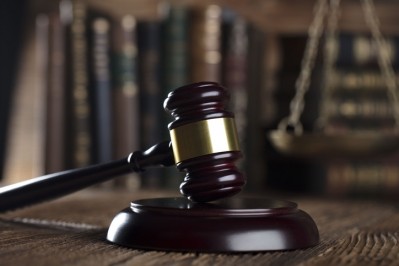‘Disproportional and unlawful’: South African Breweries takes legal action against alcohol ban
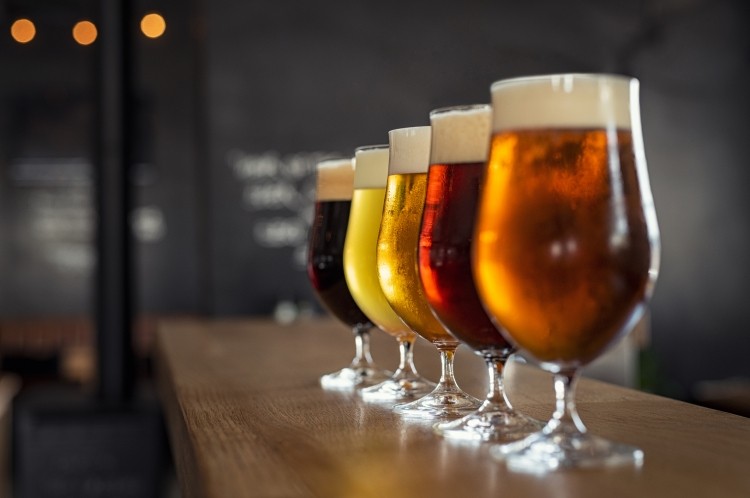
On December 28, the South African government introduced a nationwide ban on the sale of alcohol for the third time during the pandemic: with a rising number of cases, increased pressure on health services, and the threat of a new more contagious variant.
The country’s alcohol industry – and associated livelihoods across the supply chain - has already suffered from more than 100 days of alcohol bans in 2020, with SAB estimating that over 165,000 have already lost their jobs and another 100,000 have moved into poverty as a result.
“Whilst SAB supports all lawful measures that curb the spread of the pandemic, including an earlier curfew to limit movement, reduced indoor and outdoor capacity at gatherings, measured alcohol restrictions by channel, and heightened law enforcement, we strongly disagree with the introduction of yet another outright ban on the sale of alcohol,” said SAB in a statement as it announced the legal challenge yesterday.
“SAB believes that any ban, including the current one, goes far beyond what is reasonable and necessary to contain the spread of the virus and unlawfully restricts various rights that are enshrined and protected by our constitution. These include the right to freedom of trade, the right to human dignity, privacy, and the right to bodily and psychological integrity.
“Challenging the constitutionality of the ban, which removes the South African public’s right as adults to responsibly consume a beer safely in the privacy of their own homes, is an integral part of SAB’s action. The damage to the South African economy and impact on the alcohol value chain arising from the ban on the sale of alcohol is, in SAB’s view, disproportional and unlawful.”
'The unintended consequences of an outright alcohol ban are dire'
South African Breweries is a heavyweight in the country, with seven breweries and an annual brewing capacity of 3.1 billion liters. It produces brands such as Castle, Hansa Pilsner, Flying Fish, and global brands Stella Artois and Corona.
Under the new regulations now in effect, the sale of alcohol from retail outlets and the on-site consumption of alcohol is not permitted. Businesses engaged in the sale and transportation of liquor will not be allowed to operate. The regulations will be reviewed when a sustained decline in infections and hospital admissions is seen.
The South African government says the ban is necessary because of the pressure alcohol-related accidents puts on the health system: “Reckless behaviour due to alcohol intoxication has contributed to increased transmission. Alcohol-related accidents and violence are putting pressure on our hospital emergency units.”
The alcohol industry has been vocal and active in supporting efforts to restrict the spread of the virus. It supports restrictions on the sale of alcohol – and has been launching its own initiatives such as withdrawing support for large events – but says an outright ban goes too far.
SAB says it put forward several alternatives to the government last week, none of which were taken into account. These suggestions included moving taverns from on-trade to off-trade sales; and restricted trading days and hours for off-premise outlets.
“As seen with the last two bans, the unintended consequences of an outright ban on the sale of alcohol are dire," it says. "Over 165,000 people have already lost their jobs with a further 100,000 people moving into poverty as a result of the alcohol bans. We have seen small and large businesses severely impacted, billions of rand lost in taxes, the entrenchment of illicit trading and the looting of alcohol stores. Restricting the legal trade of alcohol fuels the growth of the illicit market, a fact that is widely acknowledged internationally.”
SAB has formed part of the fabric of SA for the last 125 years & we've stood behind the nation through its triumphs & challenges. After much consideration,SAB has decided to approach the Courts to challenge the Constitutionality of the decision taken to re-ban the sale of alcohol pic.twitter.com/40rWpJSW5b
— SABreweries (@SABreweries) January 6, 2021
Industry supports curfews and other restrictions
South African Liquor Brandowners Association (SALBA), The Beer Association of South Africa and the National Liquor Traders Council are among those also calling for the ban to be lifted at the end of next week.
SALBA - whose members include Distell, Diageo, Pernod Ricard, DBG, KWV and RGBC - says there is no greater risk of infection associated with the sale of alcohol for home consumption.
Sibani Mngadi, chairman, said: "The off-consumption channel operates exactly like any grocery shop. Government has not provided a reason for closing the off-consumption and there is no justification for the ban to continue beyond the January 15 review of the current lockdown.”
The Beer Association of South Africa says ending the ban is imperative to ensure the survival of small businesses and craft breweries. It wants to see the end of a blanket ban: but says it would support the continuation of a curfew (21h-6h); a 20h closing time for businesses, and a ban on gatherings.
The National Liquor Traders Council, meanwhile, says closure is the ‘immediate reality faced by the majority of 34,500 taverns’ in the country with a third ban in effect.
“One million jobs across the full alcohol value chain are at risk and the taverns support township based jobs that anchor households and ensure that more than 250,000 families have meals on their tables daily.
“The current lockdown environment we find ourselves in encourages network of alcohol smugglers to fill in the vacuum created of unmet consumer demand for alcohol products.”
It is calling on the government to allow off-premise sales with limited days and hours from January 16; alongside a financial package for liquor traders to cover loses.
